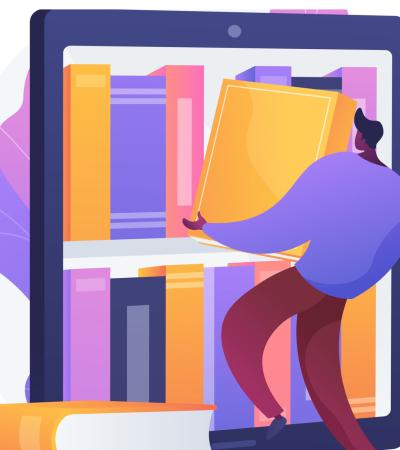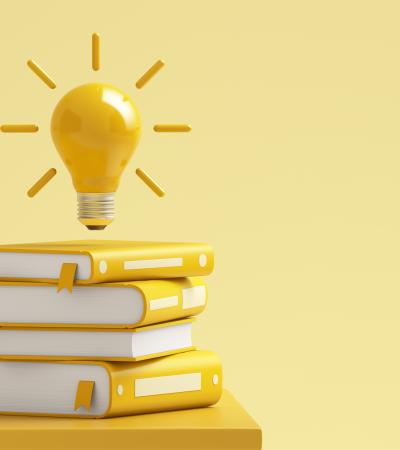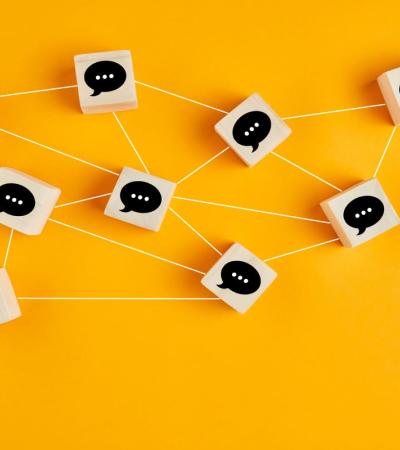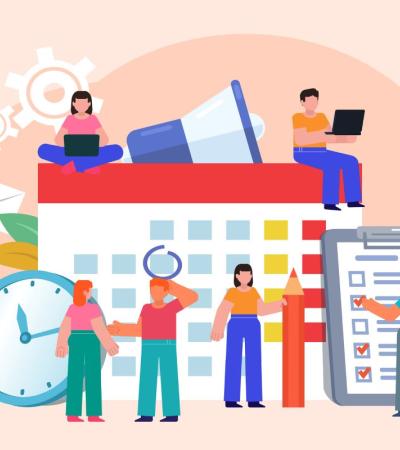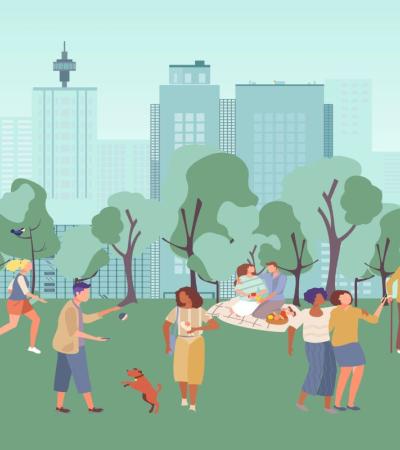ALA seeks feedback from the library field on “Skills for 21st-Century Librarians: Learning Objectives for Library Programming,” a document marking the Association’s next steps toward the creation of a programming curriculum for library workers and students.
Library workers, library school instructors and administrators, students and others are invited to read the report and submit feedback. The public comment period will end August 16.
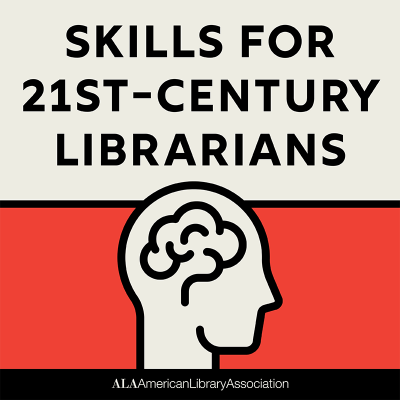
Through its Skills for 21st-Century Librarians project, ALA convened a task force of 12 leaders in libraries and library education to explore how library programming skills can be taught in library degree programs and professional development trainings.
>>> Read "Skills for 21st-Century Librarians: Learning Objectives for Library Programming" and share your feedback by August 16 <<<
Working with Knology, a social science research organization, the task force met virtually from January to June 2021. The result of their discussions are recommendations for learning objectives within nine core library programming competency areas: Organizational Skills, Knowledge of the Community, Interpersonal Skills, Event Planning, Creativity, Content Knowledge, Outreach and Marketing, Financial Skills and Evaluation.
The task force’s work builds on ALA’s National Impact of Library Public Programs Assessment (NILPPA), a research project to understand and document the characteristics, audiences, outcomes, and value of library public programming in the U.S.
Through their programming, libraries identify, address, and reflect community needs; enhance their institutional capacity and services; and contribute to our democratic society. Libraries are increasingly seen as players in not just access to learning materials but homes for community-building efforts as well. The role of the library is changing and growing, and programming librarians are on the front lines of that change.
However, library workers are not being adequately trained for the task, as described in the 2019 NILPPA Phase 1 white paper. Master’s-level library science programs rarely train the next generation of library professionals for the dynamic and vital work of creating and leading programs. Many library workers receive no formal program training at all; until now, informal and peer learning has been filling the gap.
Members of the task force include Tammy Baggett, director, Durham County Library, Durham, N.C.; Judy Bergeron, director, Smithville Public Library, Smithville, Texas; Nicole Cooke, Augusta Baker Endowed Chair and associate professor, University of South Carolina School of Library and Information Science; Cindy Fesemyer, principal, Fesemyer Consulting, LLC; Rolf Hapel, affiliate instructor, University of Washington Information School; Susan Hildreth, consultant, Susan Hildreth and Associates; Tamara King, community relations director, Richland Library, Columbia, S.C.; Emily Mross, business librarian and library outreach coordinator, Penn State Harrisburg Library, Middletown, Pa.; Deb Ripley, adult services librarian, Palos Verdes Library District, Palos Verdes, Calif.; Miguel Ruiz, supervising librarian, Evanston Public Library, Evanston, Ill.; Dale Savage, Library Development Bureau director, New Mexico State Library; and Mimosa Shah, MS in LIS student at the University of Illinois, iSchool.
Skills for 21st-Century Librarians: Task Force for the Development of a NILPPA- Informed Programming Librarian Curriculum is an initiative of ALA’s Public Programs Office. The project was made possible in part by the Institute of Museum and Library Services grant number RE-246421-OLS-20.
>>> Read "Skills for 21st-Century Librarians: Learning Objectives for Library Programming" and share your feedback by August 16 <<<
Additional information about the task force convenings is available here on Programming Librarian.

